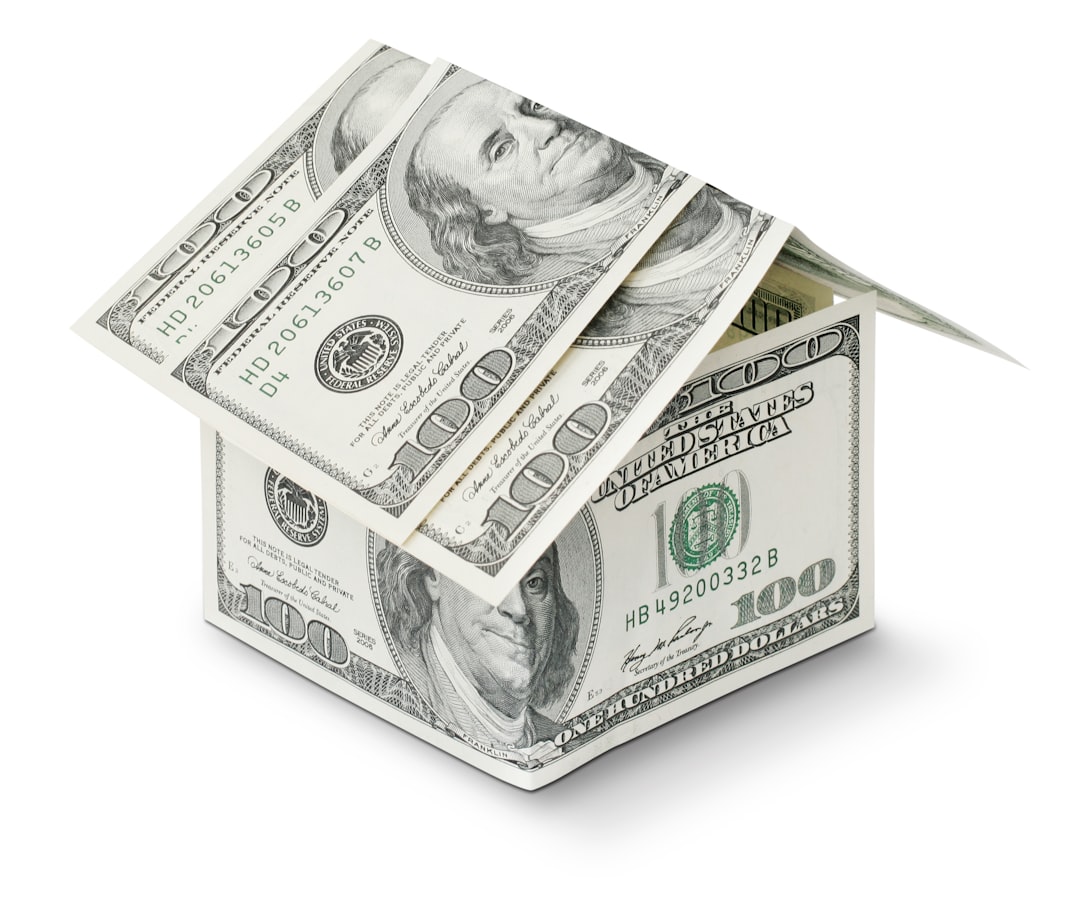Debt consolidation loans offer strategic management of multiple debts, with secured and unsecured options. Secured loans, backed by assets, provide lower interest rates but carry risk of asset forfeiture upon default. Unsecured loans lack collateral, offer flexibility but higher rates. A 10k Debt Consolidation Loan can simplify high-interest debt repayment. Compare interest rates and loan terms critically. Secure the best deal based on financial health and risk tolerance. Implement effective financial management post-loan for long-term stability.
Struggling with multiple debts? Explore the world of secured and unsecured debt consolidation loans. This guide breaks down the nuances of each option, helping you make an informed choice. Secured loans require collateral, while unsecured ones offer lower requirements and fewer risks. We delve into interest rates, loan terms, and compare a specific scenario: a 10k Debt Consolidation Loan. Additionally, discover strategies for managing your finances effectively post-loan to ensure long-term debt freedom.
- Understanding Secured and Unsecured Debt Consolidation Loans
- How Secured Loans Use Collateral for Approval
- Benefits of Unsecured Loans: Lower Requirements, Fewer Risks
- Comparing Interest Rates and Terms: A Key Factor
- Deciding Between a 10k Debt Consolidation Loan (Secured/Unsecured)
- Strategies for Effective Post-Loan Financial Management
Understanding Secured and Unsecured Debt Consolidation Loans

Debt consolidation loans are a popular solution for managing multiple debts, offering either secured or unsecured options. Secured debt consolidation involves using an asset, often a home or vehicle, as collateral to secure the loan. This type of loan typically carries lower interest rates because the lender mitigates risk through the collateral. For instance, a 10k debt consolidation loan with good credit terms could help pay off high-interest credit cards and personal loans in one go.
Unsecured debt consolidation loans, on the other hand, do not require any collateral. Lenders rely solely on your creditworthiness to repay the loan. While they usually come with higher interest rates than secured options, they offer more flexibility as you don’t risk losing an asset if you default. This type of consolidation is ideal for those seeking a fresh start without tying up valuable possessions.
How Secured Loans Use Collateral for Approval

Secured loans, often a popular option for debt consolidation, gain approval by leveraging collateral. When you apply for a secured 10k debt consolidation loan, the lender assesses your creditworthiness and uses an asset—like real estate or a vehicle—as security. This collateral acts as a safeguard for the lender in case of default, ensuring they can recover their funds if needed. The value of the collateral typically determines the loan amount offered, with higher-value assets potentially securing larger loans.
This process benefits borrowers with lower credit scores or a history of poor financial management, as it provides a way to access substantial funding for debt consolidation without solely relying on personal creditworthiness. However, it’s crucial to understand that failing to repay a secured loan can result in the loss of the collateralized asset.
Benefits of Unsecured Loans: Lower Requirements, Fewer Risks

Unsecured loans offer several advantages over secured debt consolidation options, particularly for those looking to manage a substantial amount like a potential 10k Debt Consolidation Loan. One of the key benefits is the relaxed requirements. Lenders typically demand fewer collateral or security deposits, making it accessible to borrowers with less savings or assets to use as collateral. This is especially beneficial for individuals in challenging financial situations who might not have the means to provide additional guarantees.
Moreover, unsecured loans come with lower risks. Since there’s no asset at stake, defaulting on payments has minimal consequences beyond the credit score impact. This freedom from potential property seizure provides peace of mind, encouraging responsible borrowing and repayment behavior. It also allows borrowers to focus more on budgeting and financial planning to ensure long-term debt management rather than worrying about collateral loss.
Comparing Interest Rates and Terms: A Key Factor

When considering a 10k Debt Consolidation Loan, comparing interest rates and loan terms is a crucial step in making an informed decision. Interest rates determine how much you’ll pay over the life of the loan, with lower rates resulting in significant savings. Look beyond the advertised APR (Annual Percentage Rate) and scrutinize the actual interest rate and any additional fees or charges.
Terms refer to the duration of the loan and repayment schedule. A shorter term means higher monthly payments but less interest paid overall. Conversely, a longer term lowers monthly outlay but extends the time you’re tied to debt. Balancing these factors will help you choose between secured and unsecured debt consolidation loans, ensuring you get the best possible deal for your financial situation.
Deciding Between a 10k Debt Consolidation Loan (Secured/Unsecured)

When considering a 10k Debt Consolidation Loan, the primary distinction lies in its security status—secured or unsecured. A secured loan is backed by an asset, typically real estate or a vehicle, which acts as collateral for the lender. This type of loan often offers lower interest rates and more favorable terms since the lender has recourse to seize the asset if you default. Conversely, an unsecured 10k Debt Consolidation Loan carries no such collateral, making it a riskier proposition for lenders. As a result, interest rates tend to be higher, and repayment conditions may be less flexible.
The choice between secured and unsecured loans depends on your financial health and the asset you’re willing to put at risk. Secured loans are ideal if you have substantial equity in an asset and prefer more affordable monthly payments. Unsecured loans are better for those without significant collateral but might require higher upfront payments or shorter repayment periods. Evaluating your budget, debt burden, and willingness to assume additional financial risks is crucial before deciding on the type of 10k Debt Consolidation Loan that best suits your needs.
Strategies for Effective Post-Loan Financial Management

After securing your 10K debt consolidation loan, effective financial management is crucial to avoid falling back into debt traps. The first step involves creating a detailed budget that allocates resources for loan repayments while ensuring essential expenses are met. Track your spending meticulously and strive to cut down on non-essential costs. This discipline will help you allocate more towards the loan, reducing the time taken to repay it.
Additionally, consider automating your loan payments to avoid missed deadlines. Building an emergency fund is another strategic move; this safety net can prevent future debts by covering unexpected expenses without resorting to borrowing. Regularly reviewing and adjusting your budget ensures financial stability and empowers you to achieve long-term monetary goals, including debt-free living.
When deciding between secured and unsecured debt consolidation loans, understanding your financial situation and priorities is key. A 10k Debt Consolidation Loan can offer a strategic path to manage and reduce debt, but it’s crucial to compare interest rates and loan terms carefully. Unsecured loans provide lower requirements and fewer risks, while secured loans use collateral for approval. Regardless of the choice, effective post-loan financial management strategies are essential for achieving long-term debt freedom.
